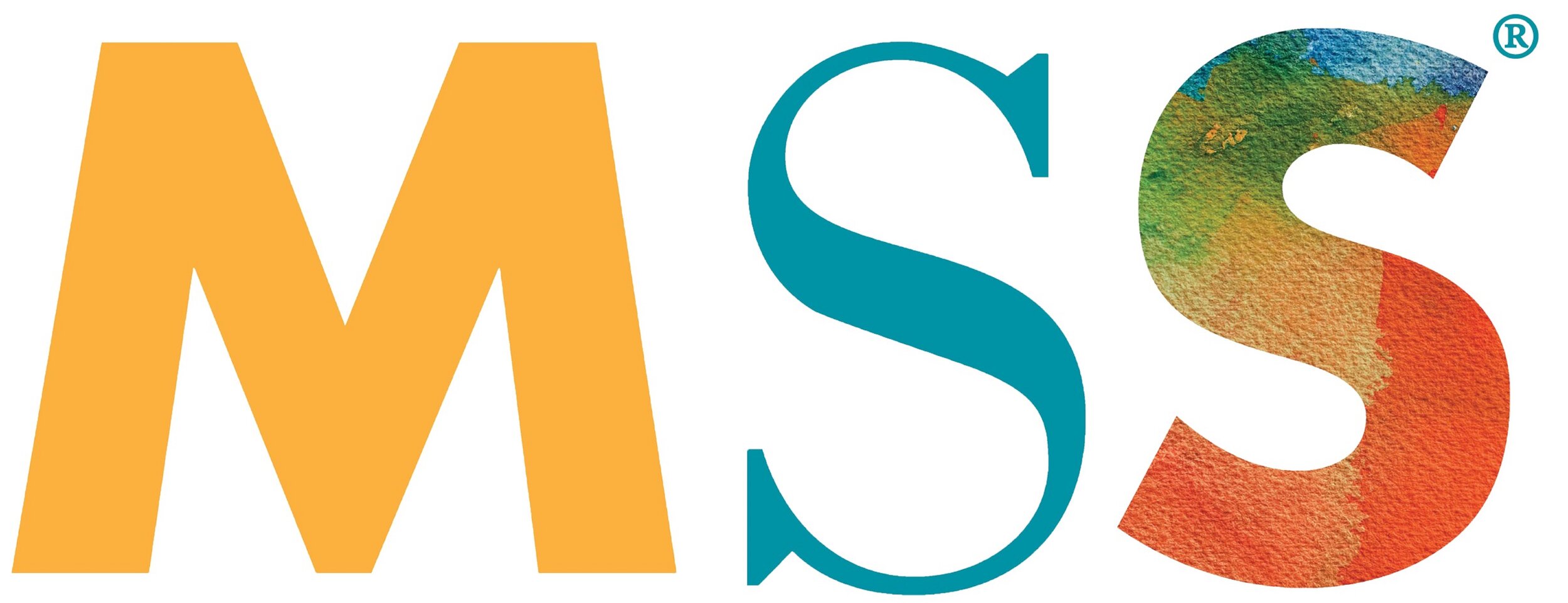Open Letter to the Editor: We Cannot Turn Back the Clock on Our Progress
Emergency Funding Needed to Support Core Disability Infrastructure
Minnesota has worked for more than 40 years to move away from an institutional model of disability services and into a rich community-based and person-centered array of supports and services. The coronavirus (COVID-19) pandemic threatens to erode the extensive progress our state has made in this area.
One sector of disability services, day and employment service providers, is being hit particularly hard by the effects of this virus. Many day and employment services providers have had to suspend their services in order to minimize the risk of infection to the medically vulnerable individuals they support. These providers help people with disabilities learn about employment and join the workforce, connect more deeply with their local communities, and enrich their lives with opportunities like creating art and staying physically active. Without these services, people with disabilities would have limited choices for how to spend their day and would lose opportunities to increase their independence and socialize outside their home.
I am the President of The Minnesota Organization for Habilitation and Rehabilitation (MOHR). MOHR is comprised of more than 100 day and employment service providers from across the state. MOHR members support more than 26,000 Minnesotans with disabilities each day. I am also the President/CEO of MSS, a day and employment provider supporting over 550 individuals each year and employing 160 staff. I have firsthand knowledge of the toll the coronavirus (COVID-19) pandemic is taking on the people we support, providers, and our staff. I hear about it every day from MOHR members, and MSS services have been suspended since March 17th. We are very supportive of the community effort to slow the spread of the virus and keep our communities healthy.
Day and employment services are only paid when these services are provided. These providers across the state are nonprofits with little to no cash reserves in case of an emergency such as this. Fixed costs, such as rent, utilities, payments for busses, and other vehicles continue, even if services are not being provided. The longer these providers are forced to suspend or reduce services, the greater the chance that some of them may not be able to reopen their doors once it is safe to do so.
We simply cannot come back from this crisis with a decimated infrastructure for these crucial community disability services, where people with disabilities will not have access to innovative, individualized supports during the day. We cannot turn back the clock on our progress. We must ensure this service structure remains viable when we get through this pandemic.
Emergency funding is urgently needed to help day and employment service providers pay for the fixed costs they have until it is safe to resume services fully. Governor Walz used Executive Order 20–12 to give the Minnesota Department of Human Services (DHS) broad temporary authority to modify existing law to ensure social service providers can weather this storm. We are looking to our state legislature and DHS to work together to ensure emergency funds are directed to disability community service providers now.
Julie Johnson
President/CEO of MSS
President of MOHR
651-793-4150
